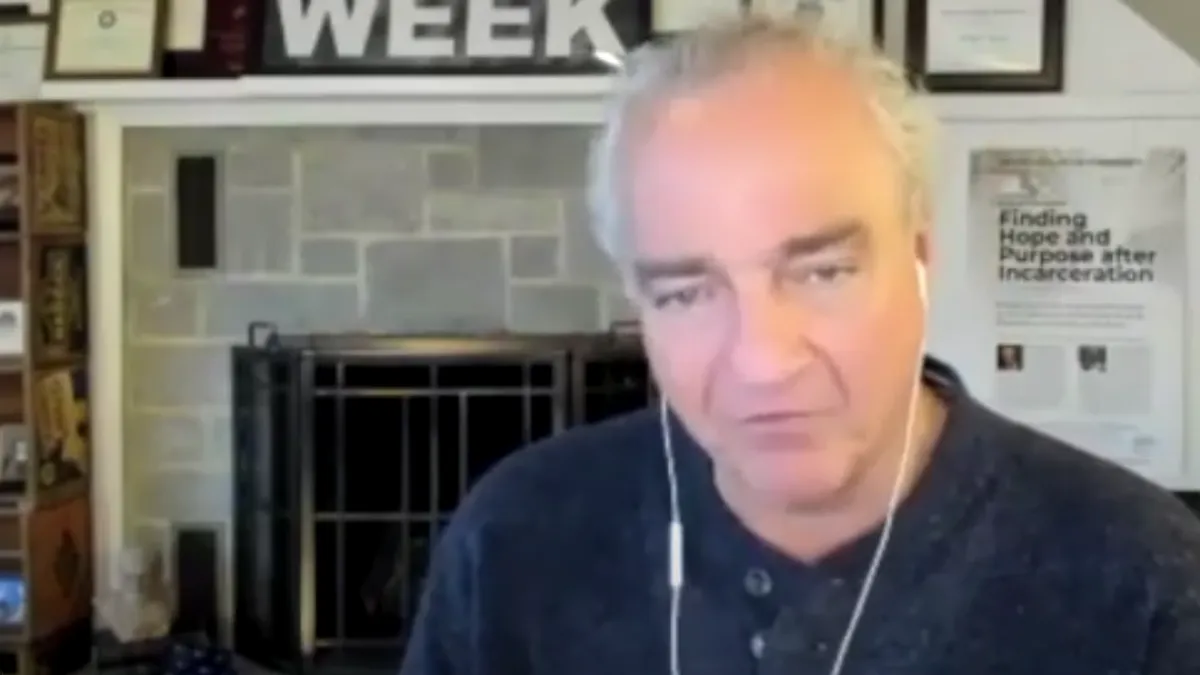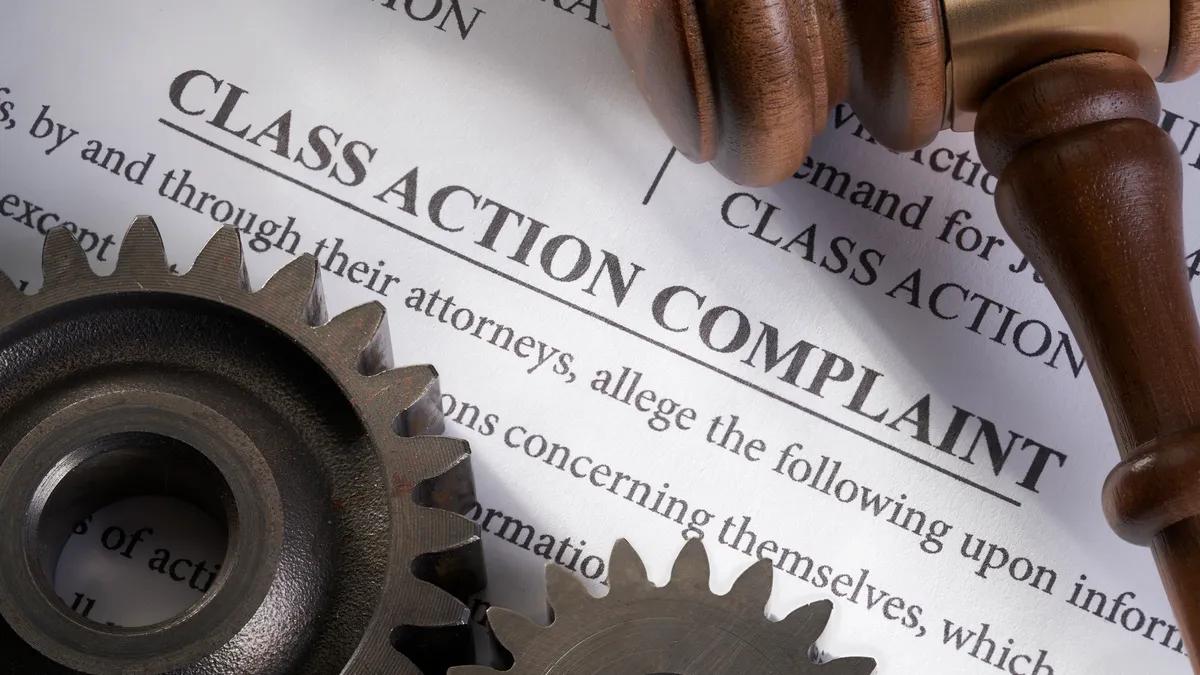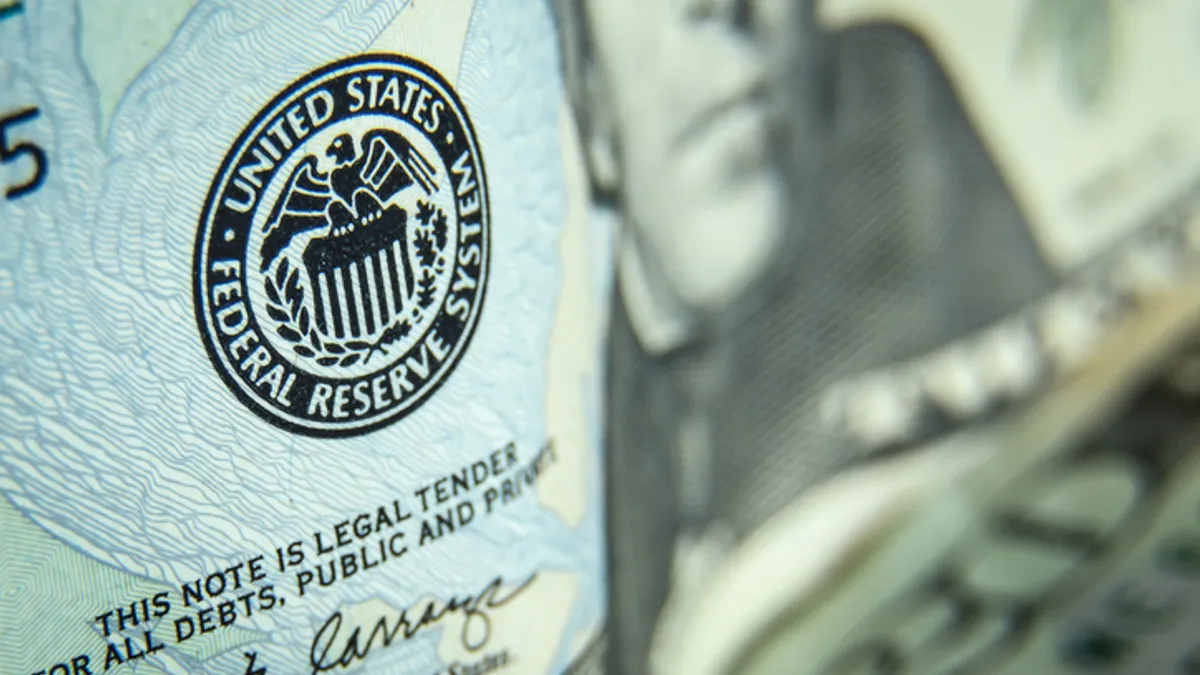Taking a paycheck protection program (PPP) loan or other federally backed assistance to get through the pandemic will make your problem worse if you don't have a realistic plan for the money, a former business owner convicted of federal loan fraud says in a White Collar Week podcast.
Jeff Grant, whose 20-person law firm was struggling when the federal government made emergency loans available after the 9/11 terrorist attacks, said he rushed to get the money without thinking through how best to use it. The result was a 13-month jail stint.
"It was raw desperation," said Grant, who today focuses on helping other white collar criminals navigate a post-crime life. "At that point I was losing my business. I would have done anything for any gasp of air to try to save my business."
EIDL loan
Grant applied for a $250,000 loan under the Small Business Administration's (SBA) Economic Injury Disaster Loan (EIDL) program, a resource that, along with the Paycheck Protection Program (PPP), the federal government has once more made available, this time for pandemic-hit businesses.
To increase his chances of getting the money, he said on his application that his business was located across the street from Ground Zero in Manhattan, when it wasn't — a form of wire fraud — and he used the money to pay off his personal debt — a form of money laundering, because the program's debt covenants restricted the money for use only in the business.
"I had run up [my credit card debt] in the months prior [to 9/11], trying to save my business," he said. "I was paying 24% interest on the credit cards. The EIDL loan was about 3%. It seemed to make sense: replace the 24% money with 3% money."
For two years afterward, Grant said, he had no idea he was being investigated.
"Risk of an audit never entered my mind," he said. "It was immediately after 9/11: a huge problem for the nation. I was just this little guy who was never going to have to account for anything."
In addition to his business struggles, Grant was wrestling with personal problems that had jeopardized his law license. Facts emerging from bar association proceedings related to his practice may have led the government to investigate him, he said.
"I just got a phone call from two federal agents who told me there was a warrant out for my arrest," he said.
Rather than fight the charges, he admitted his crime.
"Just like a business decision, you work from the end-result back," he said. "I knew I had done something wrong. I wanted to pay for my crime. I made full restitution. A lot of people spend a lot of time and money trying to wriggle out of it, but we're in a world where over 95% of criminal prosecutions result in plea bargains. There are virtually no trials. The government gives you a disincentive to defend yourself at trial and an incentive to resolve it quickly."
Vast sums of money
Against the pandemic backdrop, Grant said, the kind of fraud he committed after 9/11 is probably much greater today, with hundreds of billions of federal loan funds available to struggling businesses, essentially on an honor system, since applicants simply check a box to certify their eligibility.
"One of my concerns is, people are just kind of wading in [to these programs]," he said.
Unlike EIDL loans, PPP loans don't have to be paid back if the proceeds are used for eligible purposes, like payroll and operating expenses.
The government is making almost $300 billion in PPP assistance available under the latest funding round, enacted in December. Applications close at the end of the first quarter. Prior to this latest round, the program had made some $500 billion available, so more than $800 billion could be circulating by the end of the first quarter.
Grant advises against using the funds, even though they're easy to access, to shore up a business that was either struggling before the pandemic or doesn't have a realistic plan for getting through it, because the cash infusion can't solve a systemic problem.
"You fall prey to magical thinking," he said. "Money usually exacerbates problems without a good plan."
He later worked with a nonprofit that, to attract customers, charged less than it recouped to provide services. As a result, the more services it provided, the more money it lost. It took out a $1 million state grant.
"Without fixing the business model, it blew through the $1 million in 18 months," he said.




















